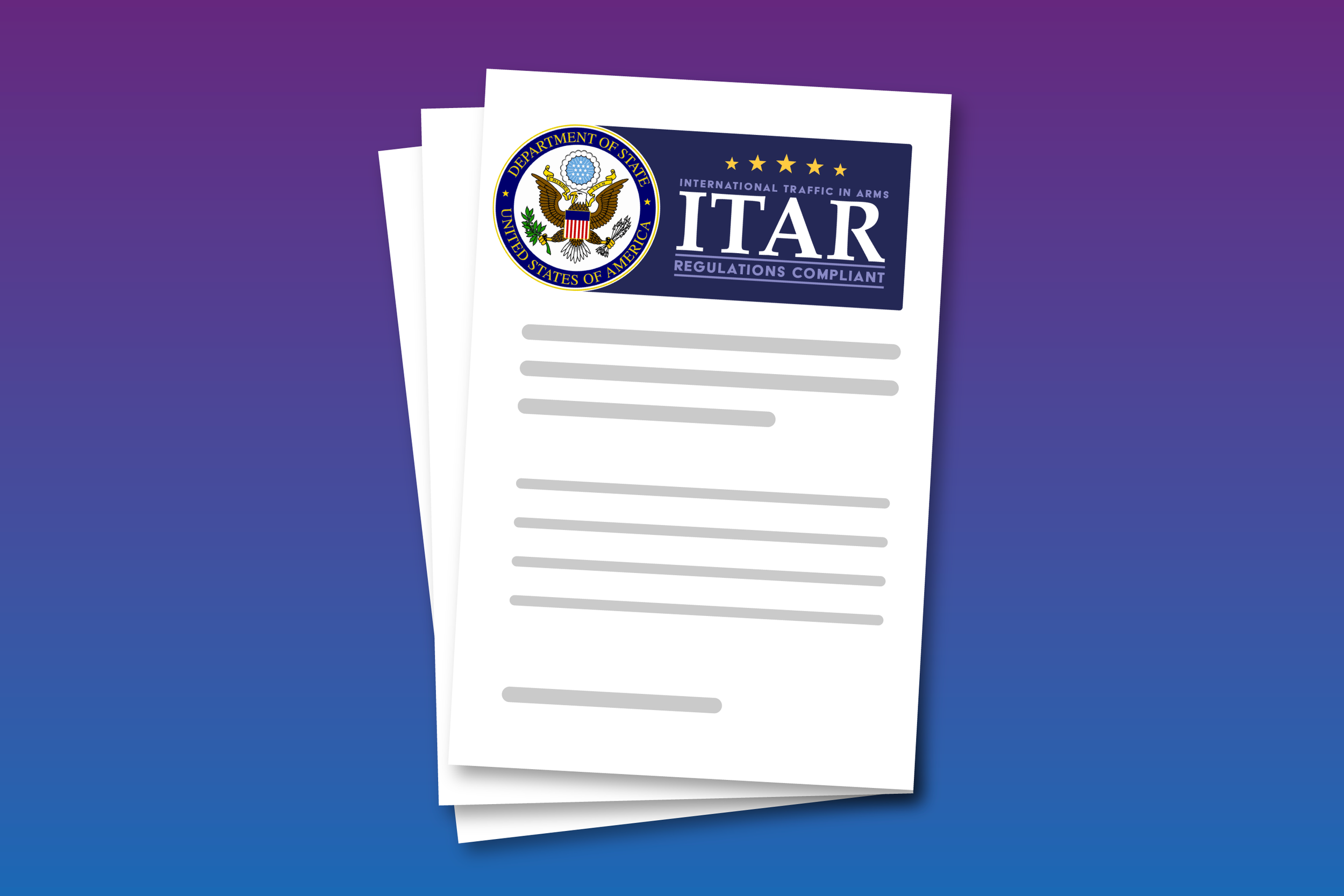
Advanced ITAR and EAR Compliance for the Body Armor Industry: Navigating CJ Requests, License Exceptions, and Common Pitfalls
For body armor manufacturers, compliance with ITAR and EAR regulations is more than a legal requirement—it’s essential for market access and risk management. This guide explores CJ Requests, EAR license exceptions, and common compliance pitfalls, offering strategies to ensure proper classification, streamline exports, and mitigate legal risks. By implementing proactive compliance measures, companies can navigate complex regulations, avoid costly violations, and expand into global markets with confidence.

Understanding ITAR and EAR and How It Relates to Ballistic-Resistant Products and Materials
Navigating the complex regulations of ITAR and EAR is essential for companies in the ballistic-resistant products industry. This article breaks down these critical export control laws, highlighting their implications for military-grade and dual-use body armor, technical data, and global trade. With actionable compliance strategies, case studies, and key resources, it provides a comprehensive guide to safeguarding business operations while meeting legal standards. Ensure your organization stays ahead in this high-stakes, highly regulated landscape.

Navigating USMCA Compliance: The Impact on Body Armor Trade Across North America
The United States-Mexico-Canada Agreement (USMCA) has significantly reshaped trade relations in North America, particularly impacting the body armor industry. This agreement, which replaced NAFTA in 2020, introduces new rules on the origin of materials, labor provisions, environmental standards, and streamlined customs procedures. For body armor manufacturers, complying with USMCA guidelines is essential for legal adherence, efficient operations, and maintaining competitiveness. The agreement also offers opportunities for market expansion within member countries by leveraging preferential tariff treatment. Companies must adjust supply chains, maintain detailed compliance records, conduct regular audits, and use technology to manage these changes effectively. USMCA’s enhancements, especially in intellectual property and trade facilitation, create a more balanced and sustainable trade environment, presenting both challenges and growth prospects for the body armor trade.

Ukraine's Defense Procurement Struggle: Battling Fraud, Legalities, and Accountability
In the midst of a brutal war, Ukraine faces a critical challenge beyond the battlefield: securing reliable military equipment for its soldiers. This fight for essential supplies, particularly body armor, has taken them from facing down fraudulent Turkish firms to winning a landmark $27 million arbitration case against a foreign supplier. Their journey exposes the dark underbelly of international defense procurement, where greed and corruption can endanger lives, and highlights the unwavering spirit of a nation determined to protect its people. Read the full article to delve deeper into Ukraine's struggles, their legal victories, and the broader implications for ethical procurement in a world facing complex security challenges.

Expanding Defense Trade Cooperation: ITAR Amendments Strengthen Allies' Relationships and Boost US Global Competitiveness
The United States Department of State has recently announced changes to the International Traffic in Arms Regulations (ITAR), which will significantly expand the types of defense articles that can be exported and defense services that can be furnished. This is being done to enhance the defense trade cooperation between the United States and its allies, particularly Australia, Canada, and the United Kingdom.

From Borders to Battlefields: The Importance of International Trade Compliance in Defense and Public Safety
For companies that engage in international trade, staying compliant with regulations and requirements can be a daunting task. But the consequences of non-compliance can be severe, including financial penalties and reputational damage.

